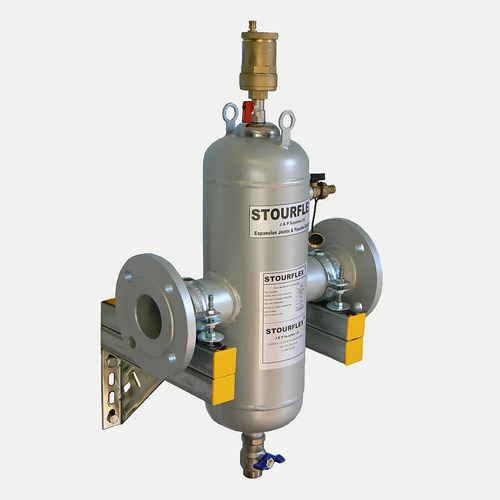
Introduction
For many businesses, a reliable photocopier is an essential part of day-to-day operations. From printing invoices and marketing materials to producing training manuals and contracts, photocopiers remain a key office tool. However, the high upfront cost of purchasing one outright can be a barrier for smaller companies or those looking to maintain steady cash flow. This is where leasing comes in, offering a cost-effective and flexible alternative to ownership.
Why Choose Leasing Over Buying?
Purchasing a photocopier may seem like a straightforward option, but it can tie up a significant amount of capital. Leasing allows businesses to spread the cost over an agreed term, often including maintenance and support in the monthly payments. This means you can budget more accurately without worrying about large unexpected repair bills.
Leasing also allows companies to avoid the rapid depreciation of office equipment. Technology moves fast, and within a few years, a once state-of-the-art machine can become outdated. With leasing, upgrading to the latest model is often much easier, keeping your business ahead with minimal disruption.
Cost Management and Cash Flow Benefits
One of the key advantages of leasing is improved cash flow management. Instead of committing a large sum upfront, businesses can …



